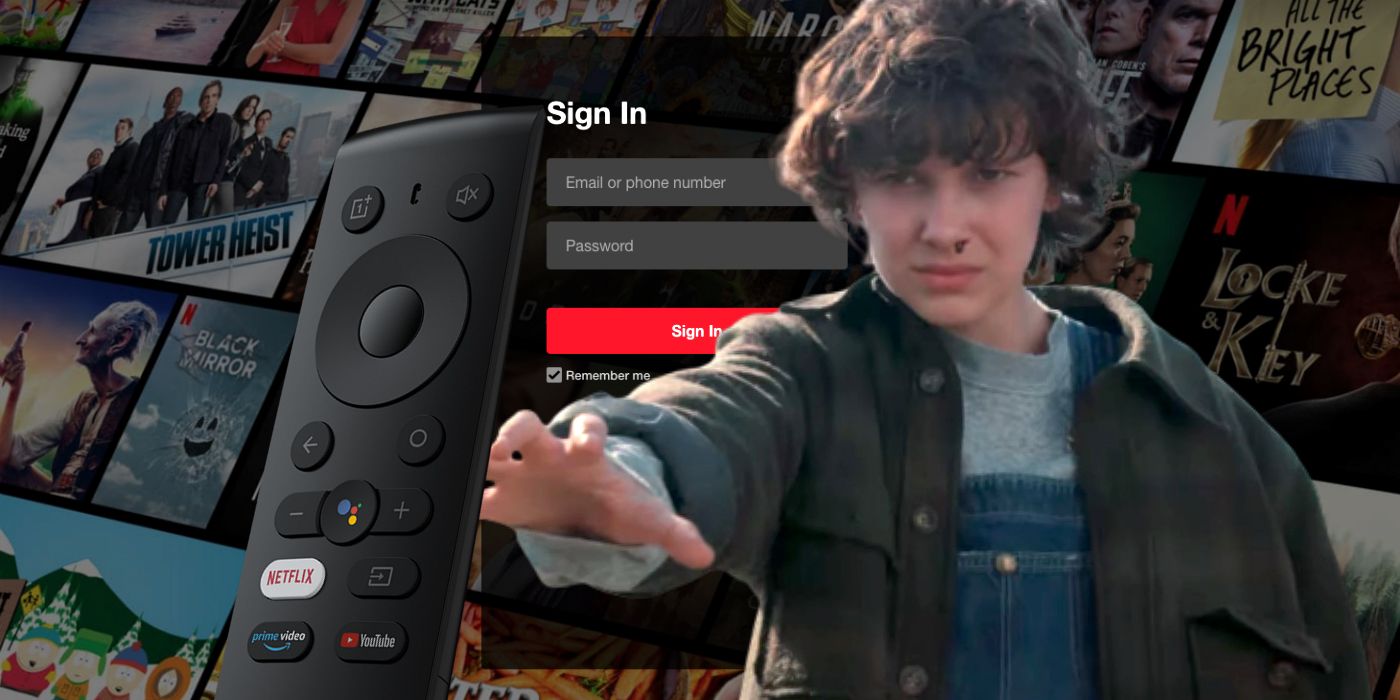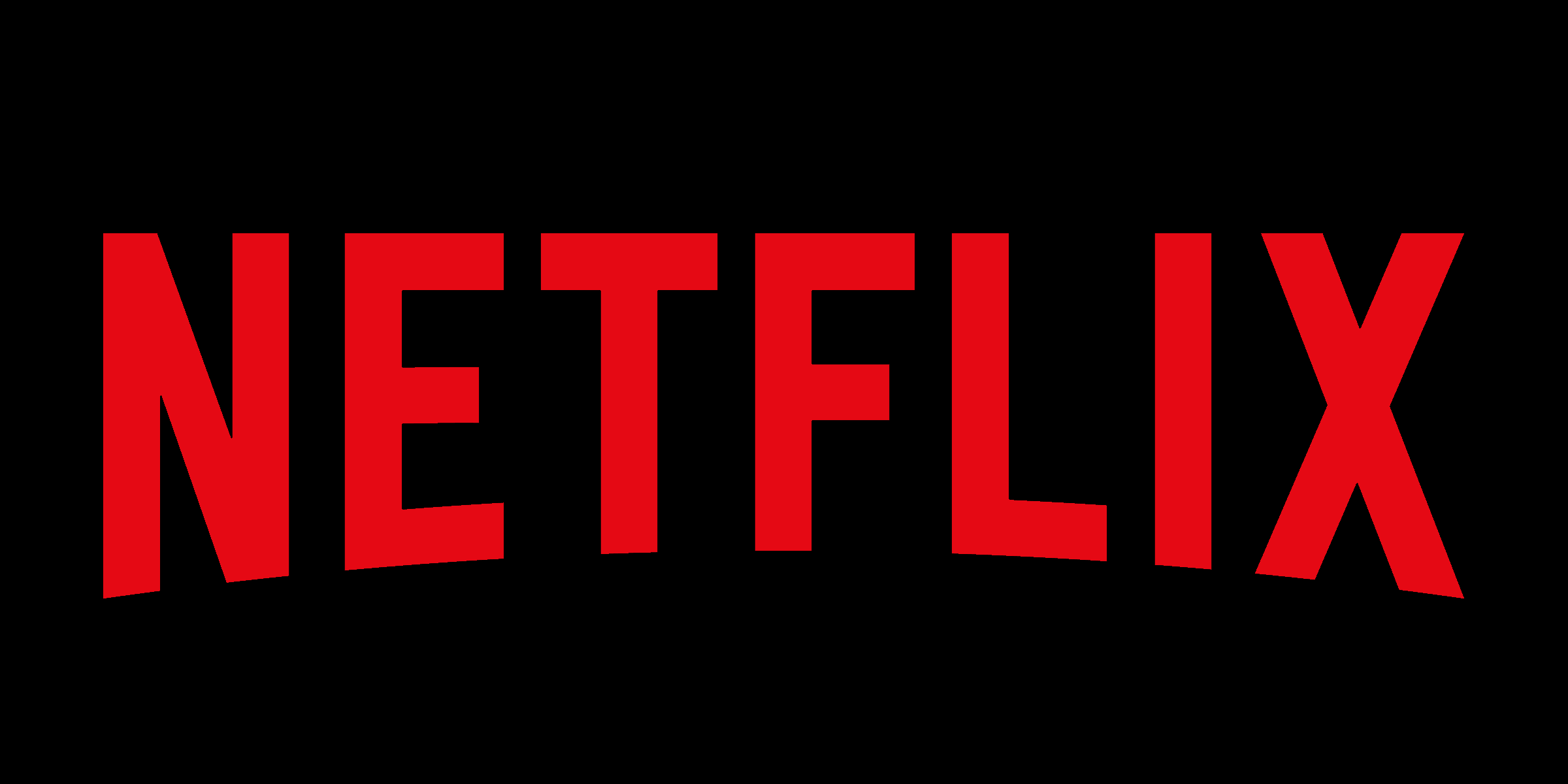Streaming giant Netflix says it estimates that roughly 100 million households are password sharing. With the substantial rise in subscription streaming services over the past decade, Netflix has seen its business model soar. Despite much competition to date, the service remains the biggest – and costliest – provider available. Since taking steps several years ago to block subscribers from accessing Netflix accounts with a VPN, the service has set its sights on what it feels is the next challenge to accumulating greater profits.
Much has changed both within Netflix and within the streaming landscape over the past decade. Having moved beyond simply providing streaming entertainment for its subscribers, Netflix has gained a foothold in cinema’s highest echelons. This hasn’t happened without some degree of controversy, however. Some prominent filmmakers like Steven Spielberg have raised concerns over the provider’s ability to be considered for Oscar recognition despite the limited theatrical runs of many of its most popular films. But as time passes, Netflix continues to adapt and dominate, ultimately making peace with many of its critics along the way. That being said, it hasn’t all been a case of the provider going from strength to strength. Most recently, Netflix announced that the number of subscribers has fallen for the first time in a decade, an issue that it partially blames on subscriber password sharing.
As per a report from The Wrap, Netflix revealed during its most recent Q1 earnings report that roughly 100 million households are password sharing. The issue, which allows a subscriber to pass off the use of their account to someone who might not have one, has caused the streaming giant no small amount of grief as of late. With its subscriber numbers apparently on a downward trajectory for the time being, Netflix very much wants to take the necessary steps to stop password sharing altogether, stating:
“We’ve always tried to make sharing within a member’s household easy, with features like profiles and multiple streams. While these have been very popular, they’ve created confusion about when and how Netflix can be shared with other households. There’s a broad range of engagement when it comes to sharing households from high to occasional viewing. So while we won’t be able to monetize all of it right now, we believe it’s a large short- to mid-term opportunity.”
Netflix has recently experimented with the idea of monetising sharing, having kicked off a pilot program in Latin America last month. Subscribers were given the opportunity to share the service with people outside of their own homes for a price. While it remains to be seen if this is the sort of direction that Netflix will be taking for its entire subscription base in the years to come, it does appear that the goal is to keep household sharing intact. It’s clear that this is a challenge for Netflix, and that implementing a system in which subscribers can’t use their passwords outside their homes brings along a certain degree of frustration.
As the world’s costliest streaming provider, Netflix’s password sharing stance might not get a lot of sympathy from subscribers. Customers using their passwords while visiting family or friends isn’t much different from bringing a Blu-ray along to a friend's house or lending said Blu-ray out. And as Netflix continues to raise its prices, many aspects of its service – like which programs are available and how long they’re available for - continues to be an issue for many. Naturally, Netflix didn’t get to where it currently is by giving away its service, but the suggestion that their business model is hurting as a result of password sharing seems dubious at best.
Source: The Wrap


